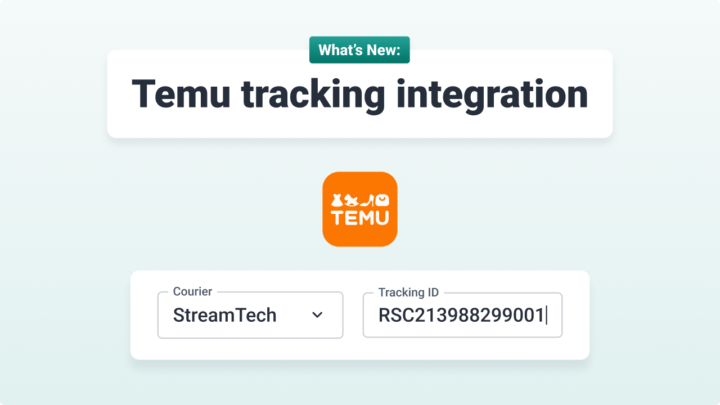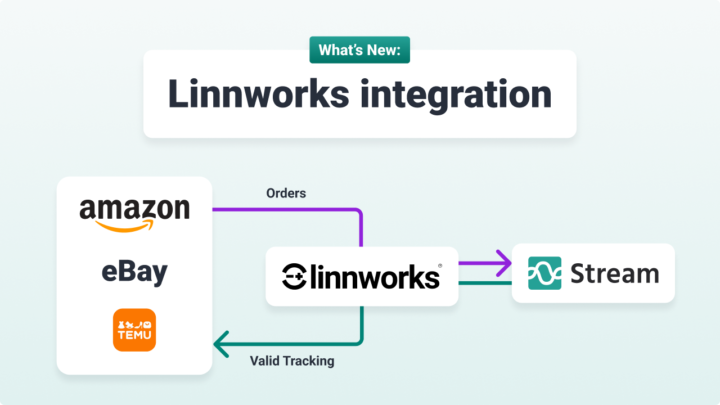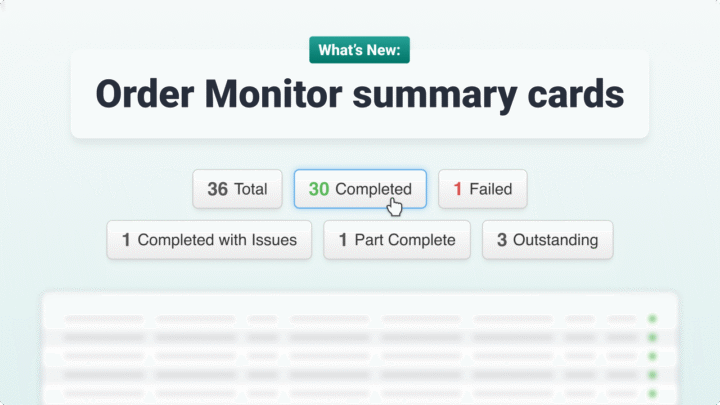The importance of the Transport Manager (or relative figure) within your fleet business cannot be understated.
Their role is defined as being ‘responsible for directing, coordinating, planning and overseeing tasks and operations within an organisation involving transportation activities.’
Directly or indirectly, they set the standard for numerous parts of a collective whole, including: compliance and training, maintenance and safety and driver morale retention.
All of which have a major influence on your operation’s Operator Compliance Risk Score (OCRS).
They are the engine that powers your fleet.
They are an influential figure that sets, and drives forward the transportation standards within your business.
Without them, supply chains would falter. Such is the importance of the Transport Manager’s role.

Transport Manager Responsibilities
The main responsibilities of a Transport Manager are to ensure:
- drivers have a valid licence and your vehicles are taxed, have a valid MOT and are insured at all times
- vehicles are inspected regularly to certify that they have been properly maintained and remain serviceable at all times
- work is priced so that it can be done both legally and profitably
- vehicles are loaded safely and not overloaded
- work is arranged so that drivers do not break drivers’ hours rules or have to speed
- records are accurate and up to date
- team members are organised and keep to schedules
Naturally these responsibilities differ from operation to operation, but the fundamental purpose of a Transport Manager is to continuously manage your organisation’s transport activities and its workforce.
As such, a variety of skills and qualities are required for a Transport Manager to operate successfully, and ensure that your fleet’s operation runs smoothly.
These include, but are not limited to:
- excellent organisation and management skills
- effective communication skills and the ability to build fruitful working relationships
- an eye for detail
- handles multiple tasks simultaneously and manages time constructively
- possesses leadership qualities and acts as an influential figurehead
How Stream can help improve the performance of your Transport Manager
Record, report and resolve issues with Stream Check
As alluded to, one of the key responsibilities for a Transport Manager is to ensure that all vehicles are roadworthy and compliant by guaranteeing that they are properly maintained and serviceable at all times.
Stream’s Walkaround Check feature streamlines the inspection process by making it easy for your Transport Manager to see whether or not drivers have conducted a thorough walkaround check.
Drivers can capture and record any number of customisable check or inspection types, including:
- walkaround checks
- pre-use & first use checks
- handover checks or
- end-of-use checks
By making them customisable your Transport Manager can ensure that drivers are meeting set criteria – they decide what information needs to be captured, against which vehicles and when.
This effectively closes the loop between walkaround checks, defect reporting and their resolution, in order to meet set maintenance and safety requirements.
Your Transport Manager can keep & manage all of your fleet & driver information in one place
Transport Managers play a fundamental role in verifying that their drivers comply with the latest legislative requirements.
Failure to do so can result in penalties, such as fines and licence suspensions, which can hinder your entire operation.
Stream plays an equally essential role by digitally storing any information you require on your entire fleet including payloads, capacities, weights, MOT & insurance due dates and driver or operator licence requirements.
You can also store information about your drivers and operators, including: licence information, skill sets, training and a history of the checks they’ve carried out.
This provides you with a comprehensive overview of your entire fleet.
This enables your Transport Manager to efficiently manage the development, performance and maintenance of your organisation, allowing you to produce an efficient transport service that maximises performance, value and profitability.
Give your Transport Manager objective data from which they can make informed decisions
Stream Analytics enables your Transport Manager to access powerful data to help them drive informed business and operational decisions.
They can evaluate, for example, what % of walkaround checks were completed in any given day, week, month or year.
Or how many (and what type of) defects have been reported, which vehicles are major defects reported on most often or even what the average time taken to resolve defects is.
Access to this data empowers them to make informed decisions based on all of the data that they have right in front of them.
“Stream Analytics is fantastic and is exactly what we require. The information Stream collects is incredibly detailed and I’ve used it to produce various KPI and business management reports. The analytics module saves me a great deal of time by showing live data presented in the format we need.” – Business Development Manager, Land Energy
Stream Analytics is updated daily and makes it possible for your Transport Manager to visualise this data, helping you to notice trends and patterns that they might not have otherwise been apparent.
It empowers them to highlight efficiencies and understand where improvements can be made to your logistics processes.
This data can also be used to evaluate the performance of your Transport Manager to gauge their effectiveness and analyse where long-term improvements can be made to get the best out of their role.
Ready to equip your Transport Manager with the tools they need to power your business?
If you’re interested in streamlining your operation and providing your Transport Manager with the tools to get the best out of them, then book a demo with a member of our team today. Or, for further reading, discover how you can reduce your Transport Manager’s workload to make life easier for them!
Frequently Asked Questions
The primary function of a Transport Manager is to oversee the planning and implementation of tasks involving transportation. They set the standard for standard for numerous parts of a collective whole, including: compliance and training, maintenance and safety, and driver morale retention. They are the ‘engine’ that powers a fleet.


